My Dog Is A Rescue, Here Are 13 Things I Wish I Knew Before Adopting
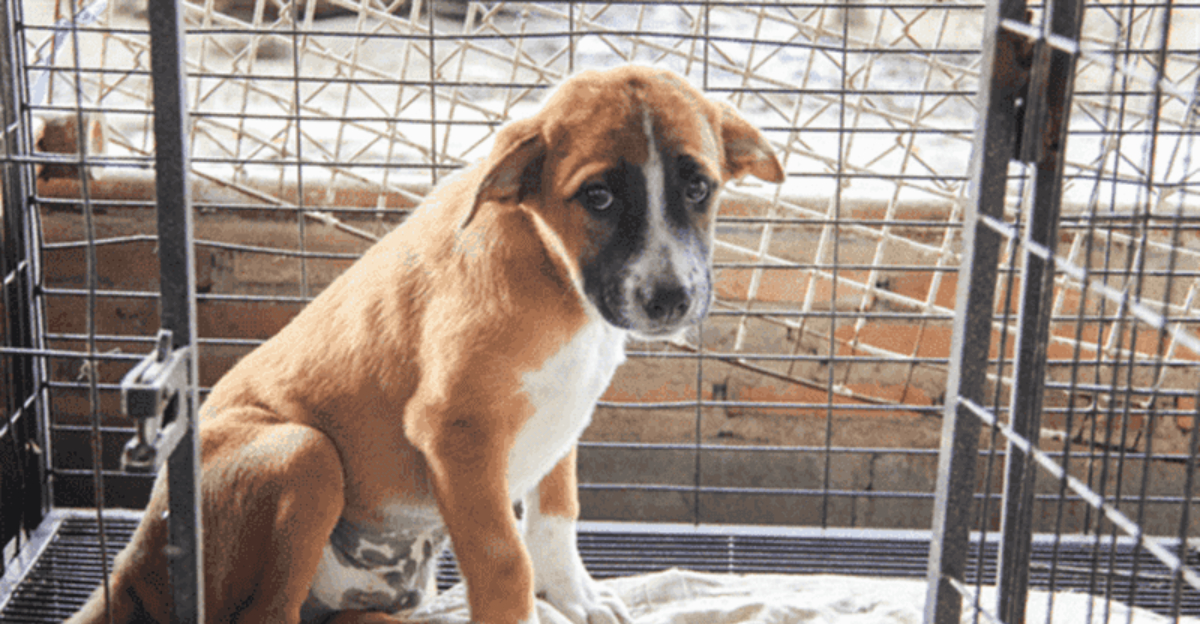
Bringing home my rescue dog changed my life in ways I never imagined. The journey has been filled with tail wags, cuddles, and countless moments of joy, but it also came with challenges I wasn’t fully prepared for.
If you’re considering adopting a rescue dog, I want to share what I’ve learned along the way to help make your transition smoother and more rewarding.
1. Patience Is Your Greatest Asset
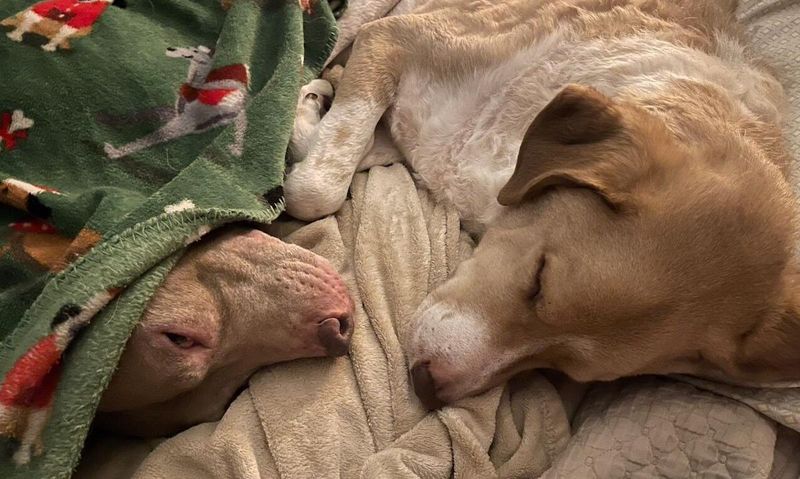
Rescue dogs often need time to decompress after leaving the shelter environment. My pup spent the first week hiding under the bed, only emerging for quick meals.
Building trust happens gradually, not overnight. Some rescues may take months to fully settle in and show their true personalities. Remember that your new companion is adjusting to an entirely new world.
2. The Mystery Of Unknown History
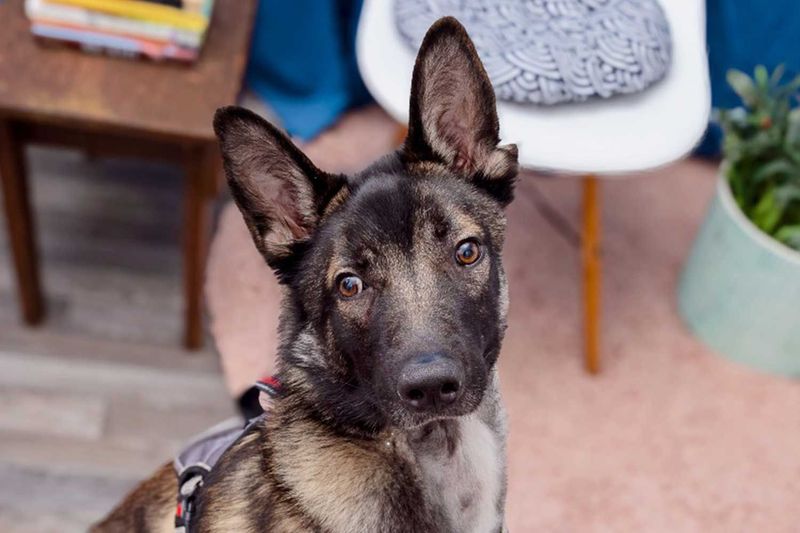
Many rescue dogs come with limited or no background information. My dog’s fear of brooms suggested past trauma, but I’ll never know the full story.
Accepting this blank slate means being ready for unexpected behaviors or triggers. You’ll become a detective, piecing together clues from their reactions while creating new, positive associations to replace whatever difficult past they experienced.
3. Prepare For Surprising Medical Expenses
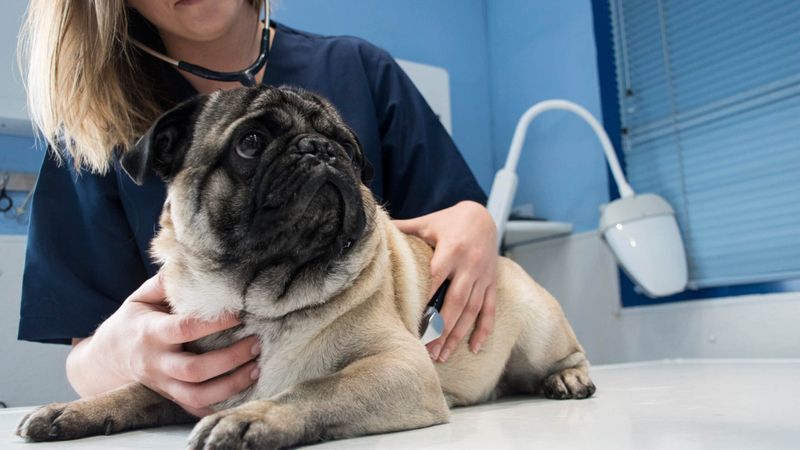
Adoption fees rarely cover all health needs. Six months after bringing my rescue home, we discovered he needed expensive dental work that wasn’t caught during his initial checkup.
Consider pet insurance immediately after adoption. Setting aside an emergency fund specifically for your new pet is also wise. Even seemingly healthy rescues may have underlying conditions that surface after they’ve settled in.
4. Training Takes A Different Approach
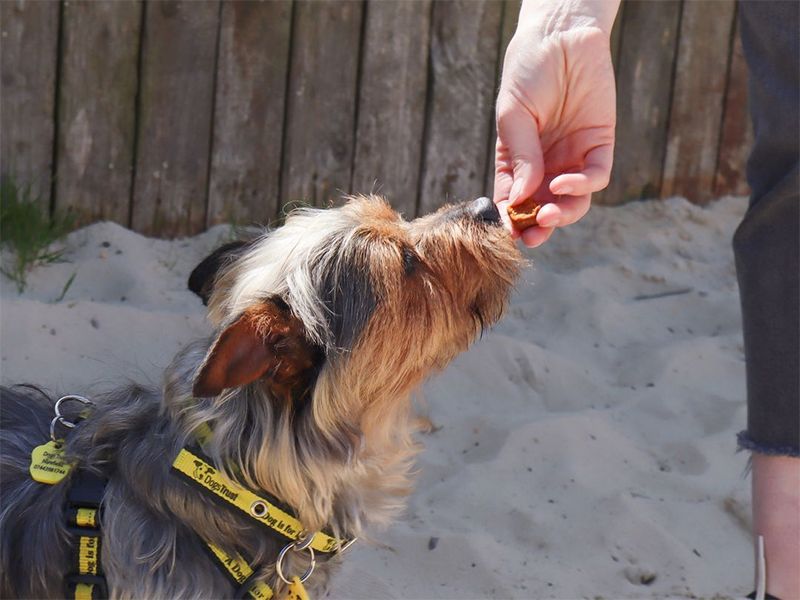
Standard training methods don’t always work for dogs with troubled pasts. My rescue shut down completely when I raised my voice during early training sessions.
Positive reinforcement became our only effective tool. Force-free methods build confidence in fearful dogs and strengthen your bond. Remember that your rescue may have learned survival behaviors that take time and gentle consistency to replace.
5. Socialization Happens On Their Timeline

My social butterfly friends couldn’t understand why I declined invitations to bring my dog to crowded events. Rescue dogs often need gradual introduction to new experiences.
Forcing socialization can backfire dramatically. Start with quiet, controlled meetings with one calm person or dog. Watch your pet’s body language carefully and respect when they’ve had enough, even if that means cutting visits short.
6. The Honeymoon Period Is Real

For the first two weeks, my rescue was perfectly behaved. Then suddenly, he started testing boundaries and showing new behaviors as he became comfortable.
This transition is actually healthy! It means your dog feels secure enough to show their true personality. Establish consistent rules from day one, even when they’re being angelic. This helps them navigate the adjustment period with clear expectations.
7. Separation Anxiety Requires Strategy
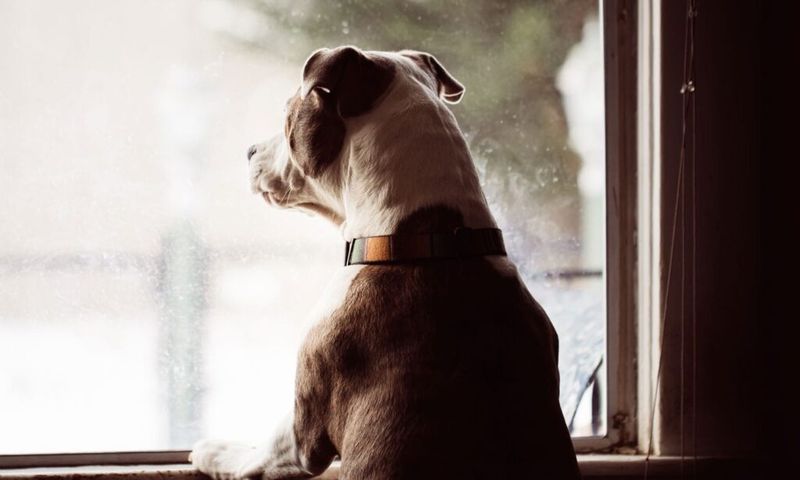
The first time I left my rescue alone, I returned to destroyed furniture and complaints from neighbors about barking. Many rescue dogs panic when separated from their new person.
Gradual desensitization helps immensely. Practice brief departures, then slowly extend your absence. Puzzle toys, calming music, and creating a safe space can make alone time less stressful. Some cases may require professional help or medication.
8. Emotional Healing Isn’t Linear
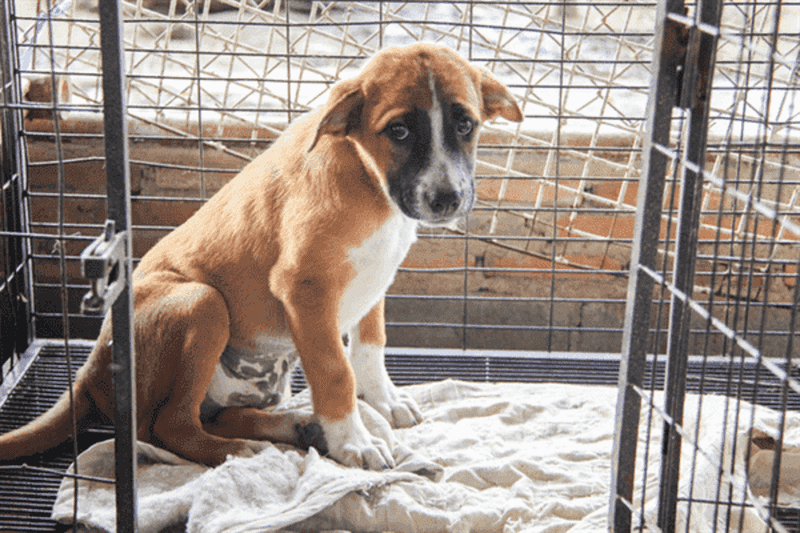
Progress with my rescue often followed a two-steps-forward, one-step-back pattern. A loud noise could trigger fears we thought were resolved months earlier.
Regression during stressful times is normal. Environmental changes, new people, or even bad weather can temporarily set back your dog’s confidence. These setbacks don’t mean failure! Each recovery builds resilience and deepens your connection as their safe person.
9. Your Household Routines Will Change

I never imagined rearranging furniture to accommodate my rescue’s need for strategic observation points. Rescue dogs thrive on predictability after chaotic pasts.
Regular mealtimes, consistent walking schedules, and clear household patterns help them feel secure. You might find yourself adjusting your lifestyle in unexpected ways. The good news? These accommodations typically become second nature as you both settle into life together.
10. Breed Labels Can Be Misleading

My “Lab mix” grew a curly tail and never exceeded 30 pounds! Shelter breed identifications are often educated guesses based on appearance alone.
Research typical behaviors of all possible breeds in your dog’s mix. Be prepared for traits from any of them to emerge. DNA tests can satisfy curiosity, but remember that individual personality varies widely even within purebreds. Your rescue’s unique character will ultimately matter more than their genetic makeup.
11. Finding The Right Professional Help
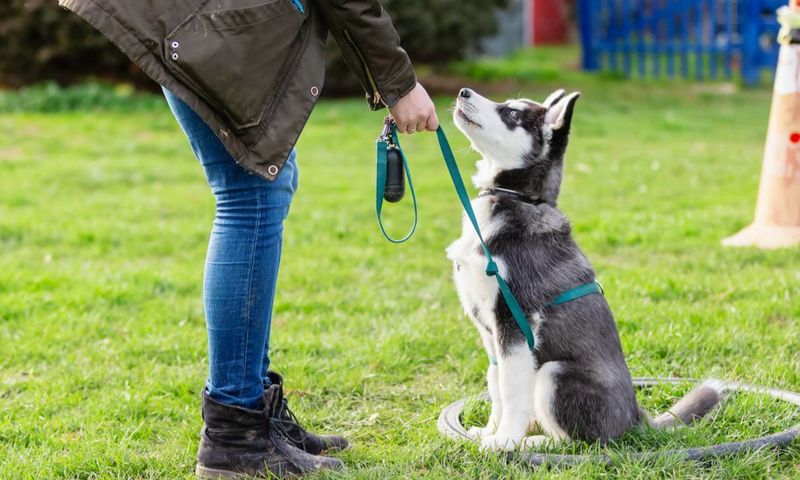
Not all trainers understand rescue dogs’ special needs. Our first trainer insisted on correction-based methods that made my dog’s fear worse.
Seek professionals specifically experienced with rescue or traumatized animals. Veterinary behaviorists, force-free trainers, and rescue-focused support groups provide valuable guidance. The right help can transform seemingly insurmountable issues into manageable challenges through understanding and appropriate techniques.
12. The Reward Of Witnessing Transformation

Nothing prepared me for the joy of seeing my once-fearful rescue roll in grass for the first time. These milestone moments become treasured memories.
Keep a journal of your dog’s progress. Photos and videos document their journey from scared shelter dog to confident companion. Celebrating small victories sustains you through challenging times. The privilege of witnessing a rescue dog learn to trust again is incomparable.
13. Your Heart Will Expand Beyond Measure
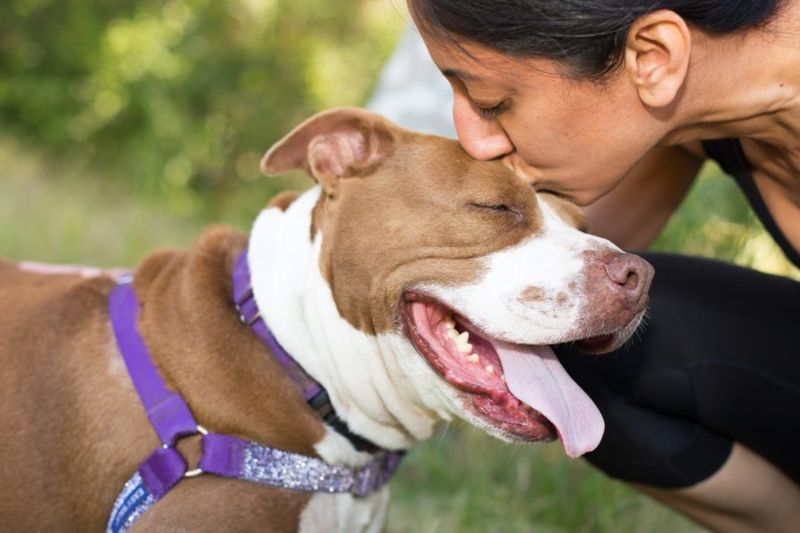
The bond with a rescue dog feels different. There’s a mutual gratitude that creates a unique connection unlike any other pet relationship I’ve experienced.
You’ll find yourself fiercely protective of this creature who has overcome so much. Their resilience will inspire you daily. While adopting a rescue comes with challenges, the love they give in return makes every difficult moment worthwhile. It’s not just about saving them, they save parts of us too.






